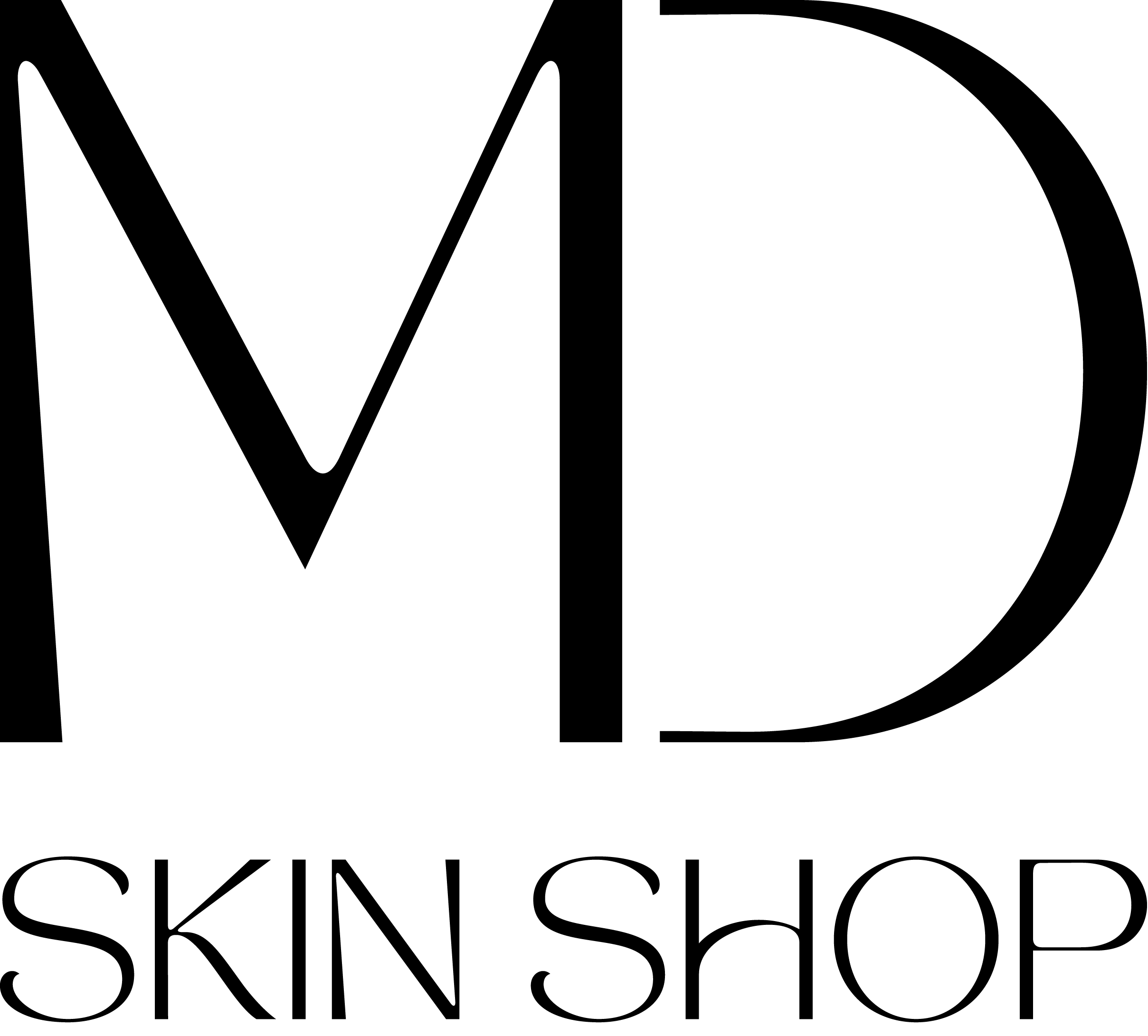Need help?
Frequently Asked Questions
Understanding Medical-Grade Skincare
Medical-grade skincare products are formulated with higher concentrations of active ingredients and are backed by scientific research. These products are designed to treat specific skin concerns and are often only available through licensed professionals, ensuring they meet strict standards for safety and efficacy.
Medical-grade skincare products contain higher concentrations of active ingredients and are rigorously tested for efficacy and safety. They often penetrate deeper into the skin, offering more significant results, whereas over-the-counter products typically have lower concentrations and may only treat surface-level issues.
Yes, medical-grade skincare products are formulated to be safe and effective, with clinical testing to back their efficacy. However, they should be used as directed and often under the guidance of a professional.
Yes, medical-grade skincare products undergo rigorous clinical testing to ensure their safety and efficacy. They are backed by scientific research and are often recommended by dermatologists and skincare professionals.
Suitability and Safety
Medical-grade skincare is ideal for anyone looking to address specific skin concerns, such as acne, hyperpigmentation, aging, or sensitivity. It’s particularly beneficial for those seeking more potent and effective solutions than what over-the-counter products can offer.
Yes, medical-grade products are formulated to be safe for all skin types. However, it's important to choose products based on your specific skin type and concerns, which is why a consultation with a professional is recommended.
Yes, many medical-grade products are formulated specifically for sensitive skin. A consultation can help identify the best products for your skin type without causing irritation.
Certain medical-grade products may not be suitable during pregnancy or breastfeeding. It’s important to consult with your healthcare provider before using any new skincare products during this time.
Usage Guidance
A consultation ensures that the products recommended are tailored to your specific skin type and concerns. It helps prevent adverse reactions and ensures you’re using the most effective products for your needs.
Yes, but it's important to ensure that the products are compatible. Some ingredients may not work well together and could cause irritation. A consultation can help you build a routine that safely incorporates multiple products.
Yes, medical-grade skincare can often complement injectable treatments and technology-based procedures, helping to enhance and maintain results. Always consult with your provider to ensure compatibility.
Yes, it’s important to cleanse your skin at night to remove dirt, oil, and environmental pollutants that accumulate during the day, even if you’re not wearing makeup.
Yes, oily skin still needs moisture. Opt for a lightweight, non-comedogenic moisturizer that hydrates without clogging pores.
Toners can help balance your skin’s pH, remove any remaining impurities after cleansing, and prep your skin for the next steps in your skincare routine. While not essential, they can be beneficial depending on your skin type.
Managing Skin Concerns
If you experience any irritation or reaction, discontinue use immediately and consult with your skincare provider. They can help determine the cause and adjust your routine as needed.
Results from medical-grade skincare products can vary, but you may start noticing changes within a few weeks. Full results typically become more apparent after consistent use over 8-12 weeks.
It’s recommended to start using anti-aging products in your late 20s or early 30s, as this is when collagen production begins to decrease, and early signs of aging may start to appear.
While you can’t change the actual size of your pores, medical-grade products like retinoids and exfoliants can help minimize their appearance by keeping them clean and unclogged.
Regular exfoliation, the use of retinoids, and keeping your skin clean can help improve the appearance of pores. Professional treatments like chemical peels and laser therapy can also be effective.
Yes, medical-grade skincare products containing ingredients like hydroquinone, retinoids, and vitamin C can help reduce hyperpigmentation. However, results take time and may require additional treatments for best results.
Dry skin lacks oil, while dehydrated skin lacks water. Dry skin is a skin type, whereas dehydration is a condition that can affect any skin type. Understanding the difference helps in choosing the right products.
Lifestyle and Skin Care
Medical-grade skincare products may be more expensive than over-the-counter options, but they offer higher concentrations of active ingredients and are often more effective, providing better long-term value.
Yes, even indoors, your skin can be exposed to UV rays from windows and screens. Sunscreen is essential to protect your skin from UV damage year-round.
Sunscreen should be applied every morning as part of your daily skincare routine, and it should be reapplied every two hours if you are outdoors or exposed to sunlight for extended periods.
Yes, makeup with SPF is not enough to provide full protection. You should still apply a dedicated sunscreen as the first layer of protection under your makeup.
It’s best to avoid doing extractions at home, as improper techniques can lead to scarring, infection, or worsening of the skin condition. Professional extractions ensure safe and effective removal of impurities.
Yes, diet can have a significant impact on your skin’s health. A balanced diet rich in antioxidants, vitamins, and healthy fats can promote clear, healthy skin, while certain foods may trigger conditions like acne.
Sunscreen and a gentle cleanser are two products that everyone should use daily, regardless of skin type. Additionally, a moisturizer suited to your skin type is essential for maintaining healthy skin.
Yes, your skin’s needs can change with the seasons. For example, you may need a richer moisturizer in the winter and lighter products in the summer to address changing environmental factors.
